Habitat Heros Environmental Workshops and Activities
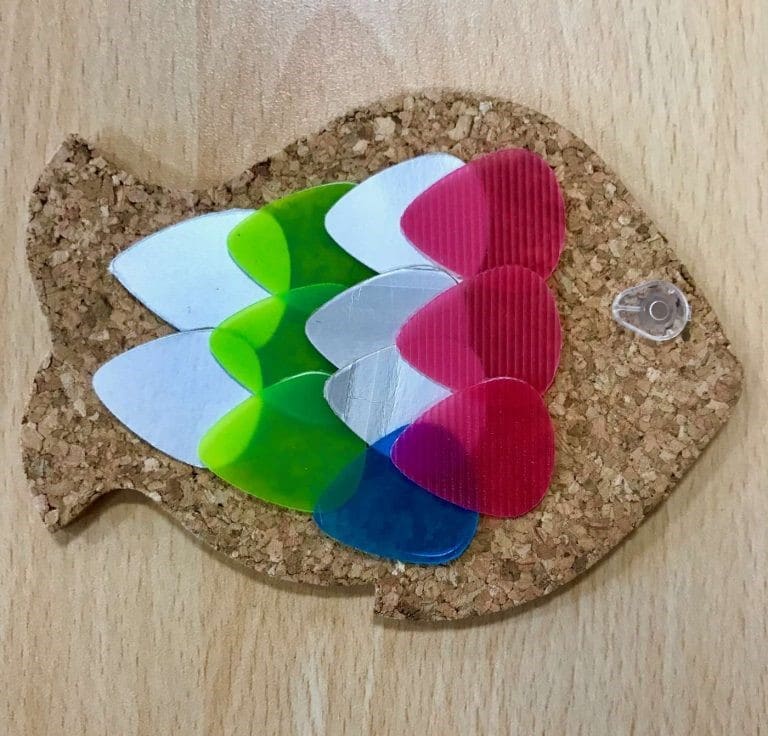
Eco Fish Workshop
Plastic is a part of our daily lives, whether it be a bottle, a straw, or plastic bag, it makes up a large part of the materials we regularly use.
When carelessly discarded plastic reaches our seas, it poses a threat to the animals that live there and depend on the oceans for food. To a dolphin, a floating plastic bag looks like a jellyfish and small pieces of floating plastic look like fish to seabirds. Drifting nets entangle birds, fish and mammals, making it difficult to move or eat. As our consumption of plastic mounts, so too does the danger to marine life.
After exploring the issues through an interactive presentation on the subject of marine litter and looking at single-use plastic and their alternatives. Each child will then be invited to decorate a cork fish with colourful recycled scales they have made to bring awareness to the problem of plastic in our oceans. This highlights how we can all play a part in supporting a thriving ocean ecosystem. The fish create eye-catching artworks which can be taken home or displayed in school to spread awareness about this important issue.
Entertainment Styles
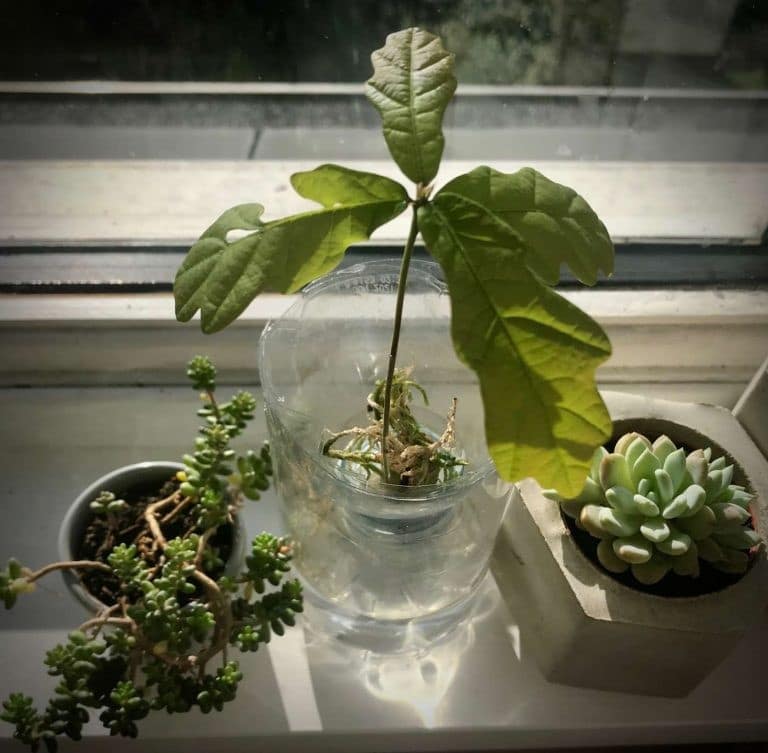
Tree Planting Workshop
Trees play a huge role in storing carbon from the atmosphere. This is vital in the fight against climate change. We need to increase tree cover in the UK to meet targets to cut greenhouse gas emissions. In this workshop, pupils will learn about the environmental benefits of planting trees. As well as understanding that as we return trees to the landscape, we improve our habitats for wildlife; with mammals, insects, birds, and butterflies becoming abundant as nature takes hold. After discovering more about the incredible power of trees to help improve our environment, pupils will be given the exciting opportunity to plant a tree for the benefit of wildlife and future generations.
For this activity, trees can be taken home to be planted or a hedgerow can be planted instead of a tree with saplings helping to create a wildlife corridor. If you don’t have enough space to grow any trees or hedgerows, each child can make an up-cycled acorn vase to grow at home or even in a classroom. The oakling, a young oak tree, can thrive and be observed for up to one year in the vase, receiving essential nutrients from the acorn. Once matured, the oakling can be replanted outside and the vase reused for a new acorn.
Entertainment Styles
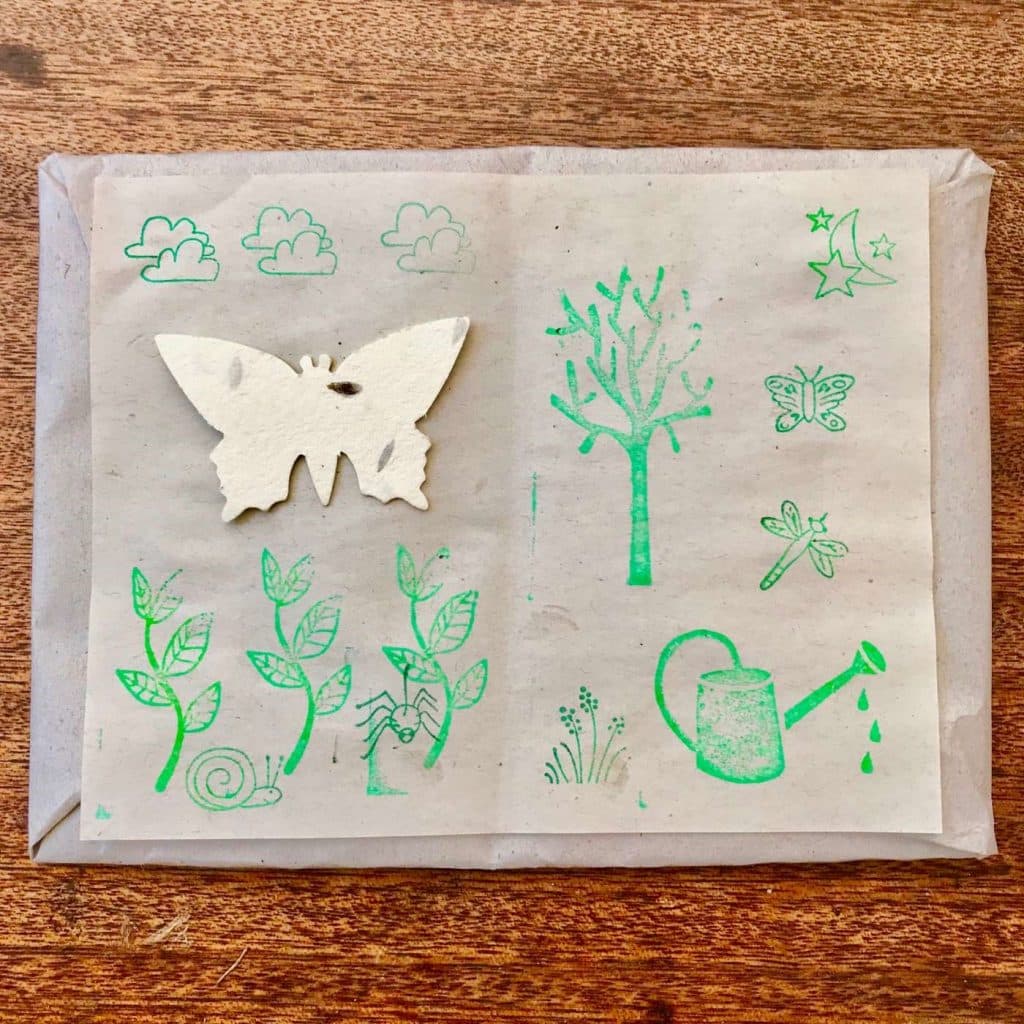
Happy Habitats Butterfly and Bug Seed Book
This activity looks at the important role of how gardening and planning with wildlife in mind, bugs and bees are allowed to flourish.
After exploring ideas around great garden habitats for insects and wildlife, participants make their own recycled booklet and use a range of nature-themed rubber stamps to decorate it, complete with wild meadow flower seeds inside to plant at home.
Entertainment Styles
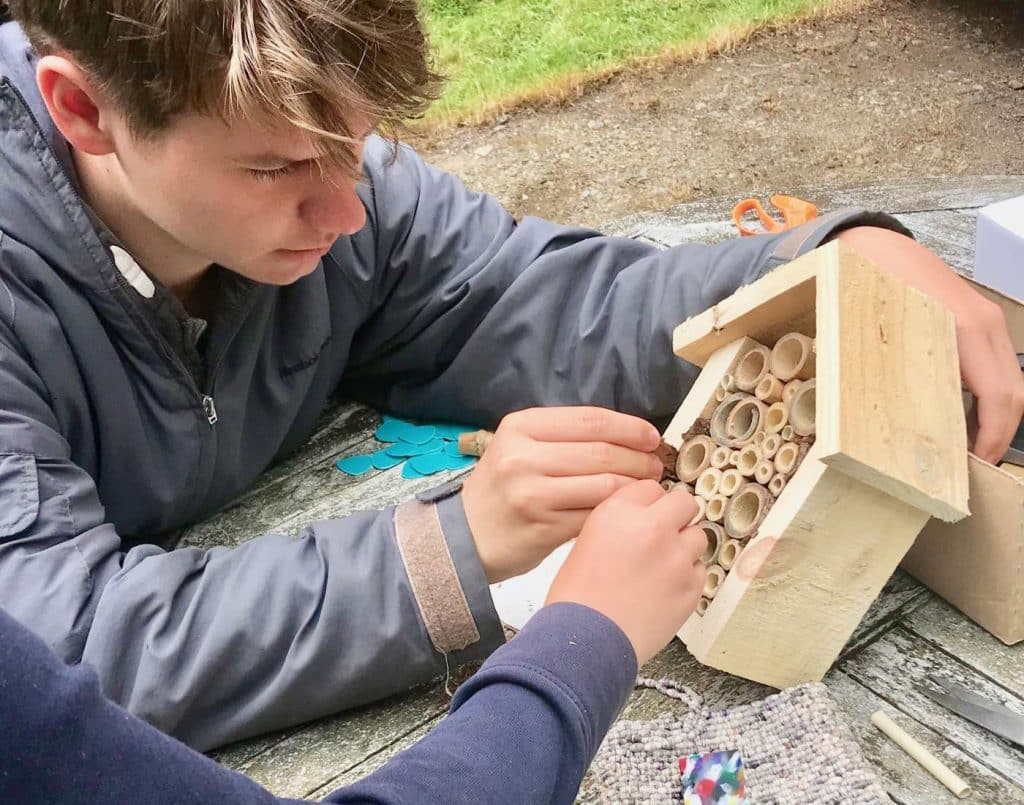
Bug Hotel Workshop
Insects pollinate our fruit, flowers and vegetables while playing an essential role in the food chain as the main food source for many amphibians, birds, and mammals.
Our interactive presentation visits the earth’s oceans and rainforests and on our journey, we learn about the unique plants and animals found there.
We construct a ‘Bug Hotel’ to provide a safe haven for all manner of small creatures including bumble bees, ladybirds, butterflies and moth species. This space allows them to hibernate during the winter until springtime.
Children will be asked to find and place a variety of natural materials into the ‘Bug Hotel’ to make it cosy for its guests! Building a ‘Bug Hotel’ will help children of all ages learn about the natural world around them and the structure will contribute to your school’s ecosystem.
Entertainment Styles
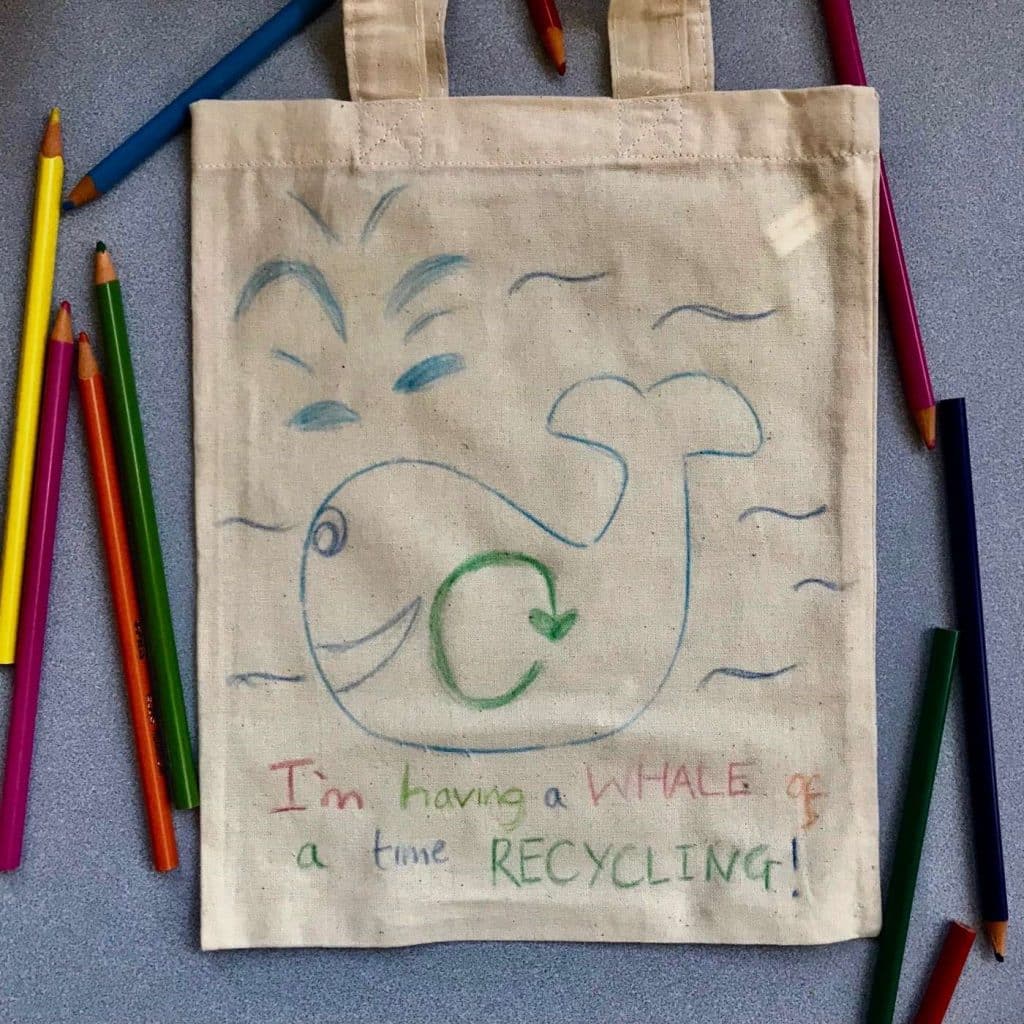

Say ‘No’ to Plastic Bags
Plastic has become a part of our daily lives and everywhere you look you can probably see plastic of some sort. It’s a useful material but becomes a serious problem if it ends up in our natural environment, especially in our oceans, coastlines and marine biodiversity.
Plastic bags are the third most common type of litter found in rivers and on beaches in Europe. Used for just a few minutes they last for decades in the marine environment. Millions of mammals, birds, turtles and fish die every year as a result of entanglement or ingestion of man-made litter. This workshop raises awareness on how to avoid unnecessary waste.
Decorating a reusable cotton bag with colourful environmental designs acts as a reminder and helps reduce the amount of plastic we consume. Simultaneously, it encourages pupils to make achievable changes in their lives. Cotton bags and templates are provided to ensure that every pupil has a reusable mini-shopping bag to take home and use.
Entertainment Styles
